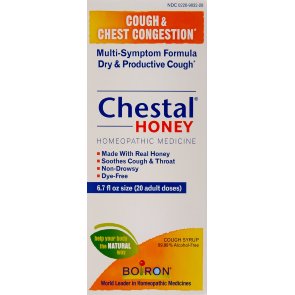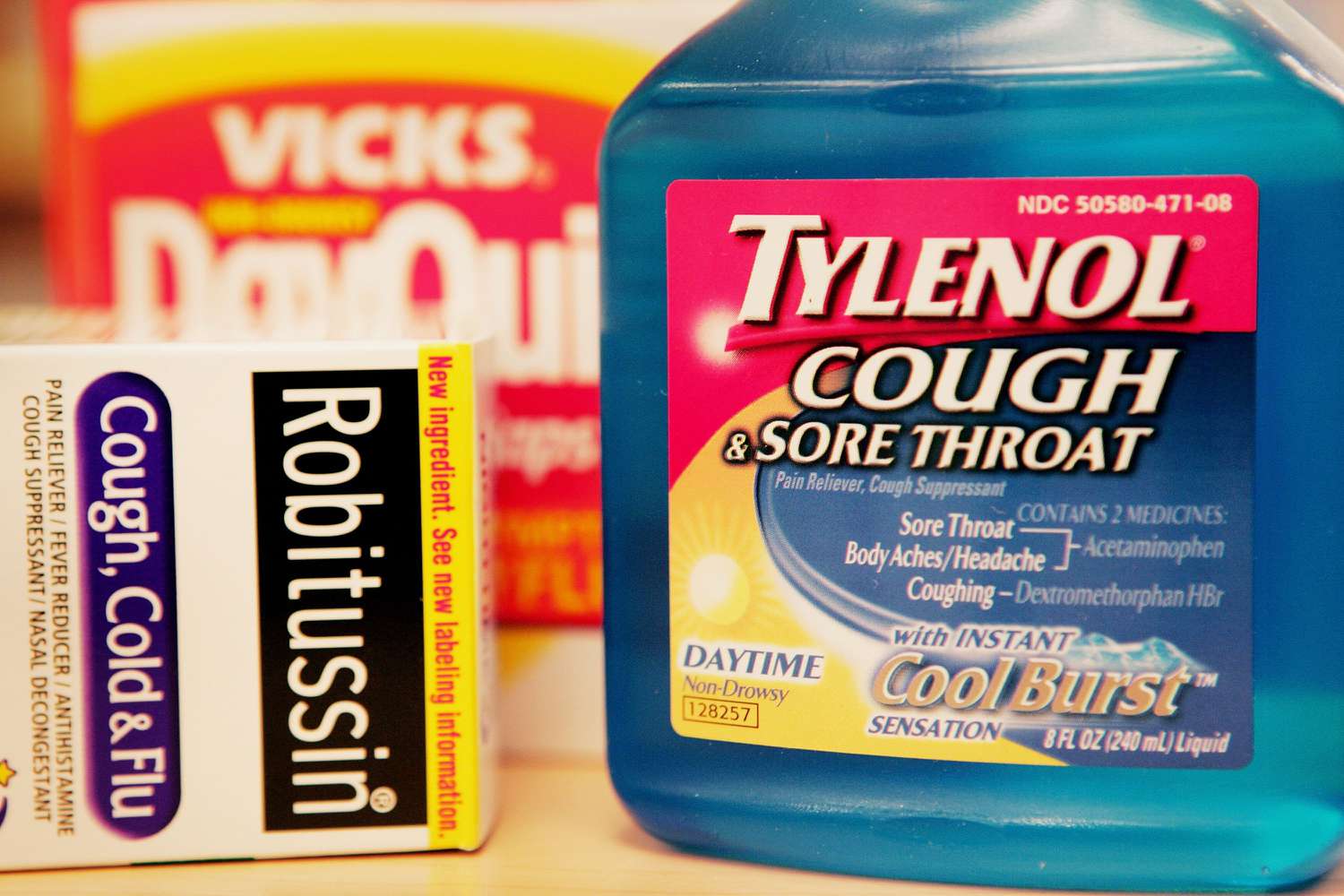
Cough medicines can be very helpful when used in the right manner, but you should be sure to choose one based on the type of cough you're experiencing. Different types of coughs respond differently to different types of medication, so you should be aware of your specific needs when choosing a medication. For example, a dry cough may respond to an antitussive, while a productive or active chest cold may benefit from an expectorant. Some products contain a combination of antihistamine and decongestant ingredients, which is helpful in preventing the symptoms of an upper respiratory infection.
Cough medications typically consist of dextromethorphan (DXM), a compound that comes in many different forms, including powder, tablets, and gel capsules. Although dextromethorphan helps cough up, an overdose can result in a "high" or dissociative effect. Because cough medicines can be addictive, they are not recommended for children. Fortunately, modern cough medicines contain more researched ingredients and have clear instructions on the packaging for how to use them.
Many over-the-counter cough medications contain a mixture of ingredients, including antihistamines and suppressants. Unless you have a severe case of cough, you may only need an antihistamine. However, if you cough frequently, you should not take decongestants or antihistamines. Taking two at the same time may cause an unpleasant reaction. Therefore, you should only take one medicine at a time.
Some cough medications are available as nasal sprays. They are often cheaper and contain the same ingredients as branded products. An expectorant is designed to make cough productive and controllable. Robitussin Cough and Cold contains dextromethorphan, guaifenesin and phenylephrine. Whether you choose an expectorant or a suppressant, it will help you get the relief you need.
The most common type of cough medicine contains antihistamines. This can cause dizziness, dry mouth, and weight gain. They can also cause a high if taken in excess. If you are taking these medications for a chronic condition, you should consult your doctor and visit the health website educationboard.in.th

before taking them. If you have high blood pressure, you should avoid using cough medicines that contain decongestants. Some of these medications may increase your blood pressure.
Most cough medicines are made from dextromethorphan. It is the most common compound found in over-the-counter products. Suitable only for non-productive cough. It should not be used if you have an infection. A decongestant will help you breathe easier and may reduce nasal congestion. If you suffer from an acute cough, you should take a syrup containing dextromethorphan.
Another type of cough medication is Diphenhydramine, which is a common ingredient in many OTC formulas. This type of medication is a type of antihistamine, and is an antihistamine. It is also known to suppress coughing. Hence, it is not appropriate for children. It can cause dizziness, while older adults may suffer from cognitive impairment. It is important to consult your physician before taking cough medications, as it can cause serious side effects.
Many OTC cough medicines contain diphenhydramine, an antihistamine. Some of these substances cause drowsiness, so these should not be used by children under the age of four. You should consult your doctor before taking any OTC cough medication. Moreover, these drugs can have some side effects, so be careful before you choose one. This is why you should be aware of your own medical history before using any OTC products.
The most common cough medications are DXM and promethazine-codeine. These drugs are effective when used properly, but they are not the best option for children. Both types of medications can cause serious side effects, and should be taken only under the supervision of a doctor. You should always check the labels of these products before administering them to your child. If you are unsure of the dosage, consult your doctor or pharmacist. If the product has an overdose warning, consult your doctor.
There are many types of cough medications. The first type is benzonatate, which can be used for a cough that lasts a week or more. It can help you relieve fever and difficulty breathing. It numbs the air sacs in the lungs and the pleura. It should be taken every eight hours or as directed. In addition, you should not combine benzonatate with any other medication.
